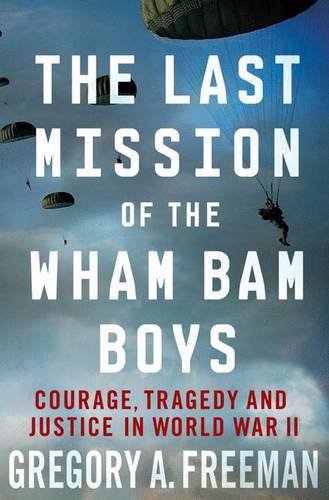

Most ebook files are in PDF format, so you can easily read them using various software such as Foxit Reader or directly on the Google Chrome browser.
Some ebook files are released by publishers in other formats such as .awz, .mobi, .epub, .fb2, etc. You may need to install specific software to read these formats on mobile/PC, such as Calibre.
Please read the tutorial at this link: https://ebookbell.com/faq
We offer FREE conversion to the popular formats you request; however, this may take some time. Therefore, right after payment, please email us, and we will try to provide the service as quickly as possible.
For some exceptional file formats or broken links (if any), please refrain from opening any disputes. Instead, email us first, and we will try to assist within a maximum of 6 hours.
EbookBell Team

5.0
110 reviewsBefore the famed Nuremberg Tribunal, there was Rüsselsheim, a small German town, where ordinary civilians were tried in the first War Crimes Trial of World War II.
As the tide of World War II turned, a hitherto unknown incident set a precedent for how we would bring wartime crimes to justice: In August 1944, the 9- man crew of an American bomber was forced to bail out over Germany. As their captors marched them into Rüsselsheim, a small town recently bombed to smithereens by Allies, they were attacked by an angry mob of civilians -- farmers, shopkeepers, railroad workers, women, and children. With a local Nazi chief at the helm, they assaulted the young Americans with stones, bricks, and wooden clubs. They beat them viciously and left them for dead at the nearby cemetery.
It could have been another forgotten tragedy of the war. But when the lynching was briefly mentioned in a London paper a few months later, it caught the eye of two Army majors, Luke Rogers and Leon Jaworski. Their investigation uncovered the real human cost of the war: the parents and a newlywed wife who agonized over the fate of the men, and the devastating effect of modern warfare on civilian populations. Rogers and Jaworski put the city of Rüsselsheim on trial, insisting on the rule of law even amidst the horrors of war.
Drawing from trial records, government archives, interviews with family members, and personal letters, highly-acclaimed military historian Gregory A. Freeman brings to life for the first time the dramatic story. Taking the reader to the scene of the crime and into the homes of the crew, he exposes the stark realities of war to show how ordinary citizens could be drawn to commit horrific acts of wartime atrocities, and the far-reaching effects on generations.